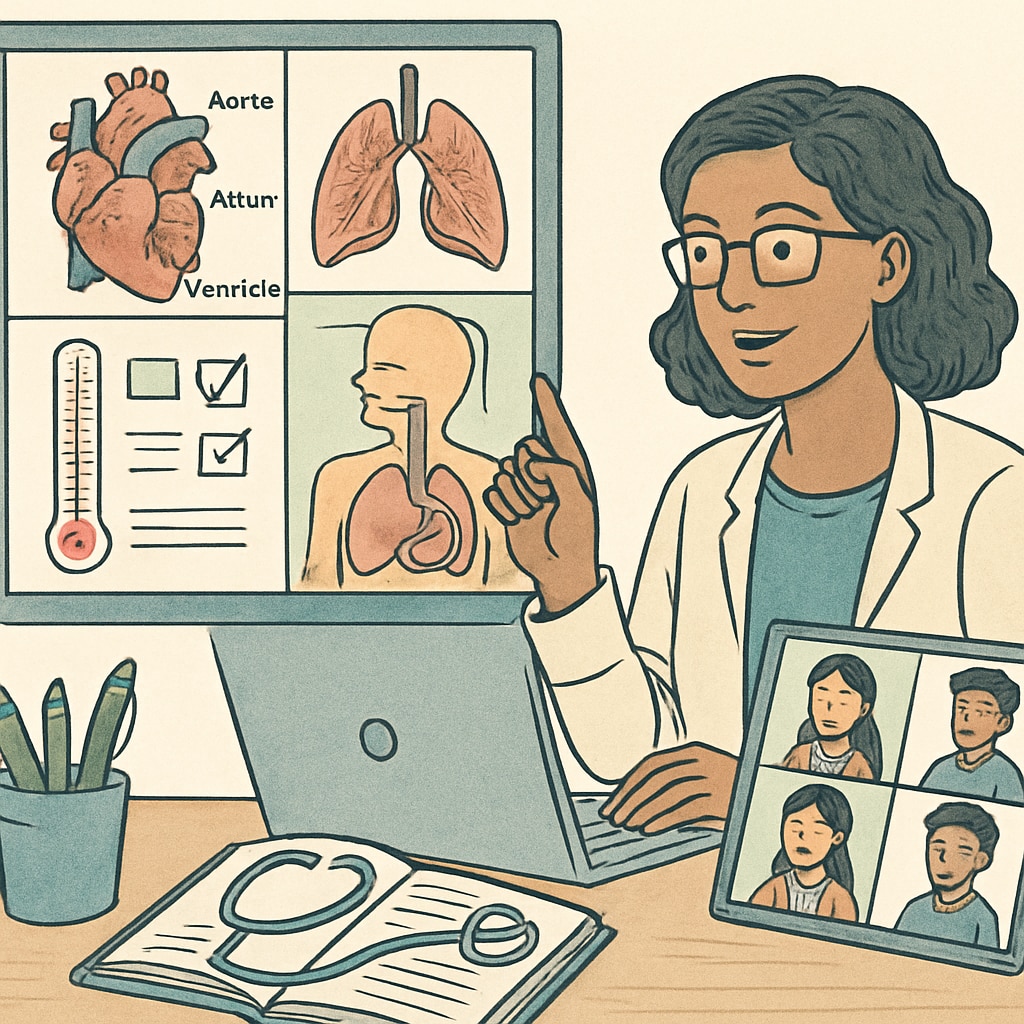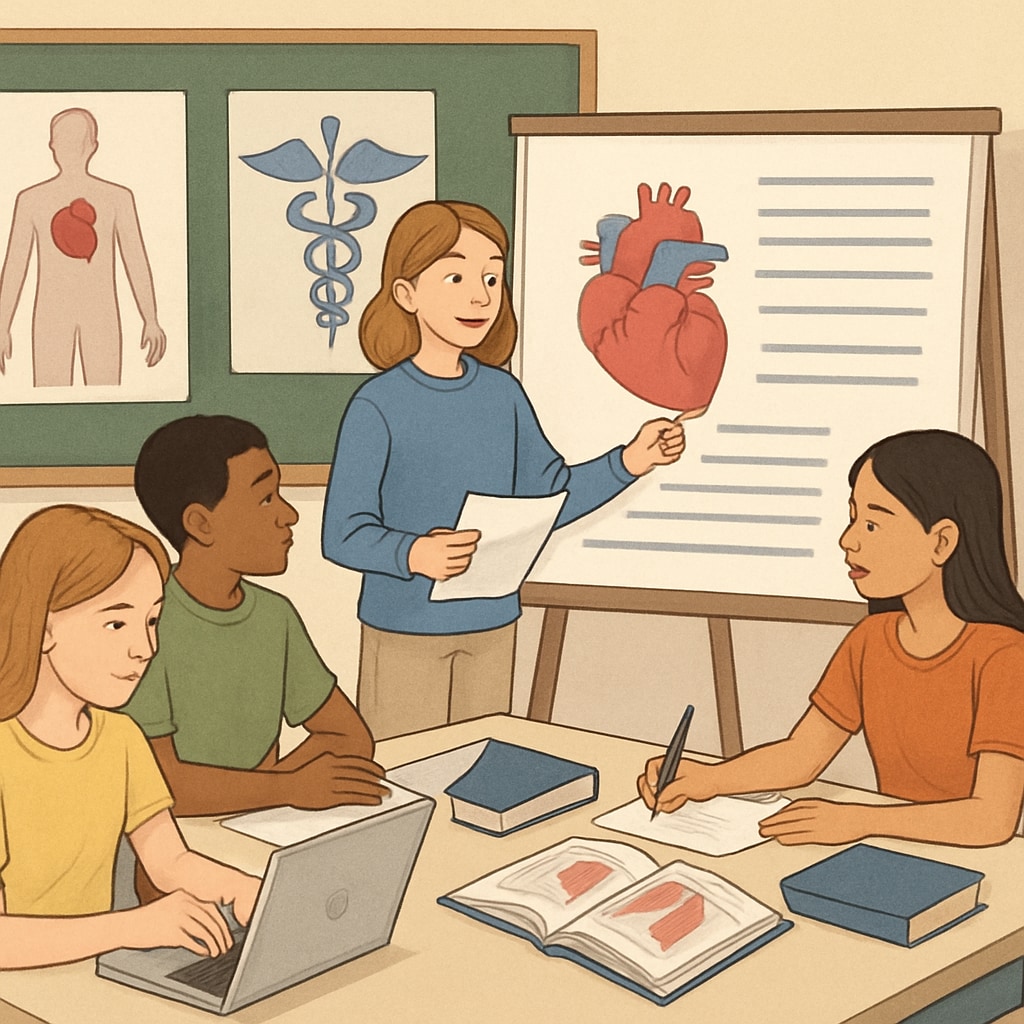The growing focus on health literacy has highlighted the need for effective medical education in K-12 settings. However, students and teachers with non-medical backgrounds often struggle to find reliable and accessible resources. This article explores how educators can use online courses and other tools to introduce medical concepts systematically, ensuring students develop a strong foundation in health and science.
Why Medical Education Matters for Non-Medical Background Learners
Health education is a vital component of preparing young learners to make informed decisions about their well-being. Despite its importance, educators and students without formal medical training often face challenges accessing appropriate materials. For example, technical jargon or overly advanced topics can become barriers to effective learning. Therefore, a well-structured approach tailored to non-medical audiences is crucial.
One significant way to address this gap is through curated online courses that simplify complex medical concepts. Platforms such as Khan Academy or Coursera offer beginner-friendly content designed for diverse learners, including younger audiences. These resources provide interactive lessons, videos, and quizzes to make learning engaging and accessible.

Key Strategies for Building a Systematic Knowledge System
To create a scientific foundation in medical education for K-12 students, educators can implement the following strategies:
- Start with age-appropriate content: Tailor topics to suit the developmental stage of learners. For example, elementary students might focus on basic anatomy, while high school students can delve into public health and disease prevention.
- Incorporate multimedia resources: Videos, animations, and interactive modules can simplify complex ideas and make learning more engaging.
- Leverage project-based learning: Encourage students to research health topics or create presentations. This fosters critical thinking and helps them apply their knowledge.
- Utilize external expertise: Partner with local health professionals or organizations to provide guest lectures or workshops.
By integrating these strategies, educators can not only teach medical concepts but also inspire curiosity and interest in health-related fields.

Accessible Online Courses: A Solution for Non-Medical Professionals
Online courses have emerged as a powerful tool for bridging the gap in medical education for non-medical audiences. They offer flexibility, scalability, and a wealth of resources that promote self-paced learning. Popular platforms like Coursera, Khan Academy, and EdX provide courses specifically designed for beginners, making them ideal for K-12 educators and students.
For example, Coursera’s “Introduction to Public Health” course offers a foundational understanding of key topics, such as global health challenges and preventative care. Similarly, Khan Academy’s free health and medicine content covers essential concepts in an easy-to-follow format. These platforms also include forums and discussion boards, enabling learners to connect and collaborate.
As a result, educators can use these courses not only to enhance their own understanding but also to create tailored lesson plans that resonate with their students.
Conclusion: Building a Future of Health Literacy
Incorporating medical education into K-12 curricula is essential for fostering health literacy and empowering students to make informed decisions. By leveraging accessible online courses, multimedia tools, and interactive teaching methods, educators can overcome the barriers posed by a lack of formal medical training. This systematic approach ensures that even non-medical professionals can guide students in building a robust foundation in health and medicine.
As the demand for health education continues to grow, investing in comprehensive and approachable resources will pave the way for a healthier, more informed generation.


